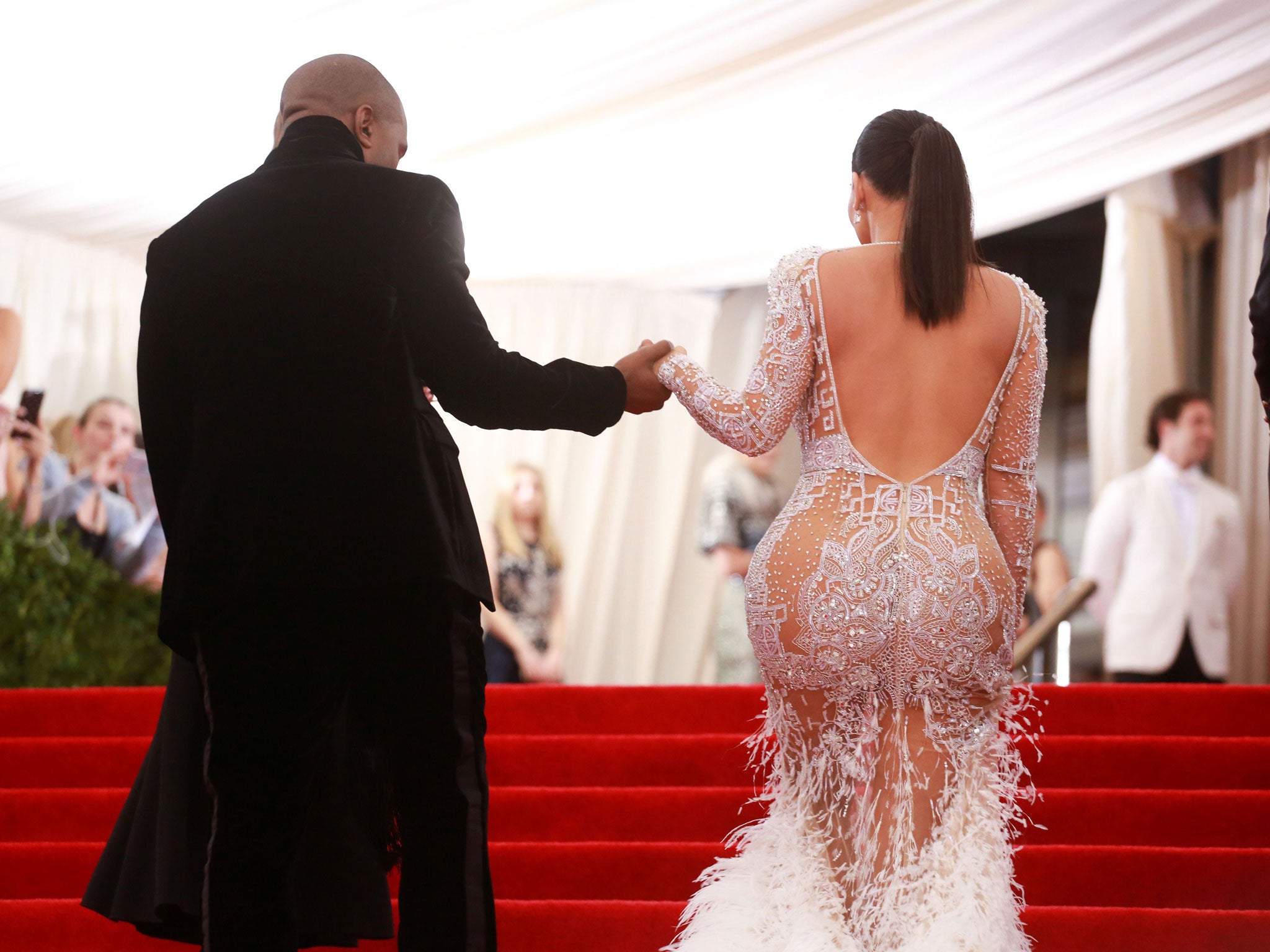Reading from Behind: a Cultural Analysis of the Anus by Jonathan A Allan, book review
A thought-provoking study reveals more about our obsession with the anus

Now, here's a thought. To what degree is the debate around Britain's EU membership in fact a coded discussion about our fear of being anally penetrated?
Exhibit A: a Twitter exchange between a self-styled "angry feminist" and journalist Hugo Rifkind who had taken to the platform to ask why the EU debate seemed "so male". MarinaS responded that "all of this business about sovereignty, inter-penetration and so on really mirrors men's fears of penetration", adding "You could replace 'UK' with 'our bumholes' & hardly need to alter the rhetoric".
Her theory could be dismissed. But at a cabinet meeting soon afterwards, David Cameron called on the Foreign Office minister of state to speak. Her name is "Joyce Anelay", the surname pronounced "anally". The uttering of this homophone led to much mirth among the cabinet and an exchange between the Prime Minister and chief secretary to the Treasury Greg Hands over the latter's 'position'.
Why this obsession with the bum? Why the humour? And why the paranoia? Enter Jonathan A Allan with Reading from Behind. From Kim Kardashian's derriere "breaking" the internet to our infatuation with Pippa Middleton's rear, Allan believes the posterior is having a moment – and it is one to be seized upon. We have long discussed the cultural place of the phallus and the vagina, so why not strive to better understand "the anus and anality"?
Allan – who holds the Canada Research Chair in Queer Theory at Brandon University – deploys gender, LGBTQ and ultimately queer theory to get to the root of this site of great "erotic and symbolic" significance. It is a quest that he believes holds weighty reward.
The anus, you see, is democratic. Like opinions – and a vote in the EU referendum – we all have one. Not like that divisive phallus. Allan wants to unlock the anus's reparative power, freeing it of the shame associated with its role in evacuation and sexual submissiveness. He aims to devise instead a theory of "reading from behind", to imbue the anus with agency and, to borrow from gay lingo, to "top from the bottom".
"What the anus does," he writes, "especially when privileged, is call into question a number of overarching ideas about power and domination, particularly as related to the phallus." Reading from Behind is thought-provoking, if not revelatory. Despite initial snickering at its premise and title, the reader soon wonders why more work has yet been done on this subject. Freud, after all, examined the anus in his theory of childhood development, and the role of the phallus and vagina in our culture is constantly discussed. Fears of being "anal" or an "asshole", meanwhile, loom large.
Some chapters are better than others. Allan's exposition of the anus's relationship with colonialism, focusing on the subversive paintings of Canadian artist Kent Monkman that depict a colonialist-settler being spanked by an indigenous person, is strong. The frontier as a place of sexual freedom, the interrogation of binary sexual roles and parallels between the shame of being spanked and the shame of confronting colonial pasts are all here discussed.
Elsewhere, the reader is left wanting Allan to go in both deeper and harder. His analysis of Brokeback Mountain, that totemic exploration of homosexual relations, deals with a long dissection of critical theory before arriving at a discussion of anal sex only a few pages long. Allan has a tendency to beat around the bush or, better put, to poke around the hole.
The analysis he draws from Brokeback shows the power of his work. In desiring anal intercourse with his wife as well as with Jack, Ennis can be seen as interested in the anus rather than the man, queering the pitch for a straightforward homo- or bisexual reading. The value of reorientating around the anus is in this challenging of norms. Allan's work is, in a sense, groundbreaking. In opening up a whole new field of study, perhaps more shrift should be given to Allan to draw broadly from the pre-existing academia. Yet, a little closer, more focused reading would have felt nice.
What have we learned? For better or worse, Nigel Farage, George Galloway and Boris Johnson all have anuses, opinions, and a vote in June's referendum. Whether that will lead us to intimate ourselves further into the union – represented vexillogically as that cosy little ring of stars – or to pull out altogether, is yet to be seen. But maybe, in looking for a true understanding of the dilemma, Allan's book should be required reading. Think about it next time you ponder the big question: in, out; in, out; in, out…?
Join our commenting forum
Join thought-provoking conversations, follow other Independent readers and see their replies
Comments
Bookmark popover
Removed from bookmarks